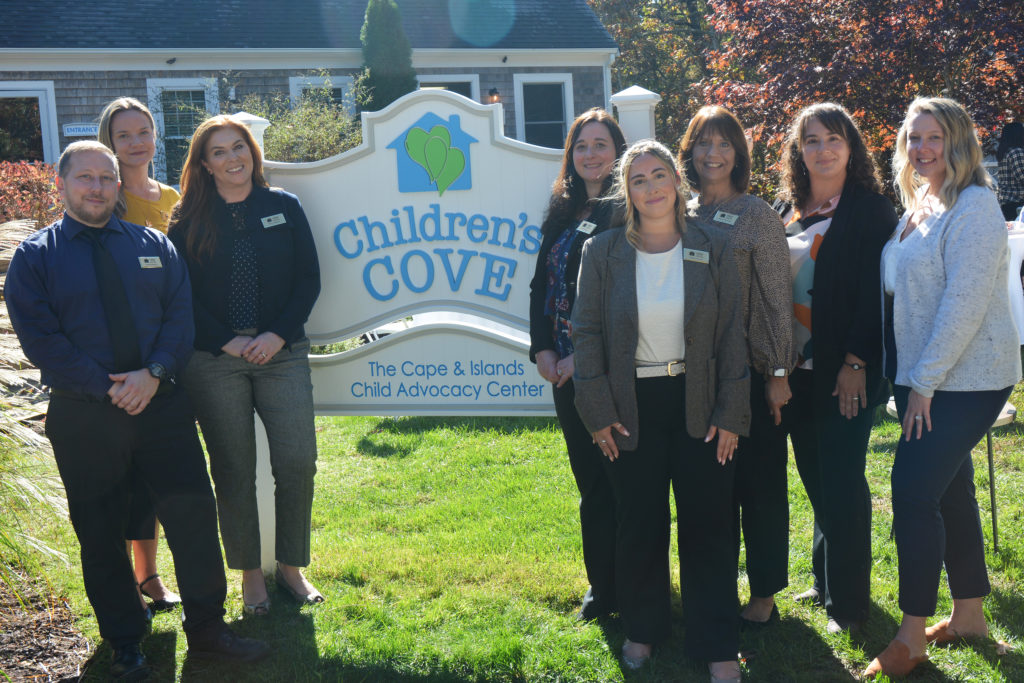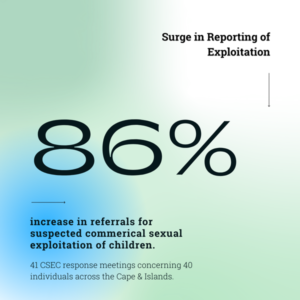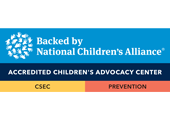Parental Resilience and the Holiday Spirit
December 16, 2022
Each year, the holiday season seems to be celebrated earlier and earlier. Perhaps it is the need for brightness and joy, or the longing for connection and family. For children of all ages, it gives time for pause, celebration, and time shared with family for those all-important gift exchanges or cultural celebrations. However, it can also be a time of incredible stress for parents. And for those who have experienced trauma, or other challenges in their lives, stresses can feel heavier, and the holidays may seem more like a burden than a blessing.
At Children’s Cove we work closely with Cape Cod Children’s Place, an early learning center, family resource center, and the recipient of the Stop Abuse For Every child (SAFE) grant from the Children’s Trust. We work collaboratively to provide resources and support to parents raising children of all ages to prevent abuse and coordinate supportive services for those in our community who may have experienced trauma.
An additional part of our community engagement outreach work is to help families understand the 5 Protective Factors to strengthen families. For the holidays, we thought we would focus on one component of the five factors – Parental Resilience.
As a parent, when we think of times when it seemed like everyone cried all day, but we were still able to move everyone along to the next thing – that is what is means to be a resilient parent.”
The holiday season is a testing ground for many parents in the lessons of resilience, and it has nothing to do with toys or shopping lists. The end of the year, bills, expectations from children, encounters with family – both good and not so great, crunch time with jobs, sports and school, or our own histories of trauma, can make this time of year unbelievably challenging. So, it is paramount that a parent develops skills to manage their stress.
We asked our community partner Cindy Horgan, Executive Director of Cape Cod Children’s Place, and member of our Advisory Council, to provide some thoughts about parental resilience, and the ways parents can navigate this difficult time of year. Here are some thoughts Cindy shared with us:
“Parenting is hard. It is ok to say that; and asking for help is a strength. Being a part of a community can often buoy us up when we are in the thick of it and feeling overwhelmed. As parents we try to have all the answers, but that’s not our job. Our job is to be present in the moment of a question, to acknowledge to our children ‘that was a wonderful question, I don’t have an answer to that right now, can I come back to you and answer that?’ It is ok to buy yourself time, think it through, and come back with an answer for your children when you are feeling more grounded.
As a parent, when we think of times when it seemed like everyone cried all day, but we were still able to move everyone along to the next thing – that is what is means to be a resilient parent.
Even in the times we recognize we did a wonderful job, as our heads hit the pillow, we may think to ourselves ‘I wish I did this different,’ or ‘I should have said that.’ As we say to the children we work with, ‘mistakes are a wonderful opportunity to gain experience.’ Mistakes are those times we can teach our children that everyone, even adults, make mistakes. Use those do-overs wisely because it is an incredible opportunity to teach children and ourselves that mistakes are for learning.
Truly, and I mean this deeply: a resilient parent is an imperfect parent, and perfection is dangerous. It takes away from our ability to practice self-love, self-kindness, and self-care. These are critical to building sustainable and trusting relationships with our children.”
This holiday season we hope that all parents remember, you are doing the best you can. Do not let expectations, real or imagined, take away from the incredible moments you can share with your family this year. And, if you need resources to help promote self-love, self-kindness, and self-care, there is a community here to support you.
Happy Holidays from the teams at Children’s Cove and Cape Cod Children’s Place!








